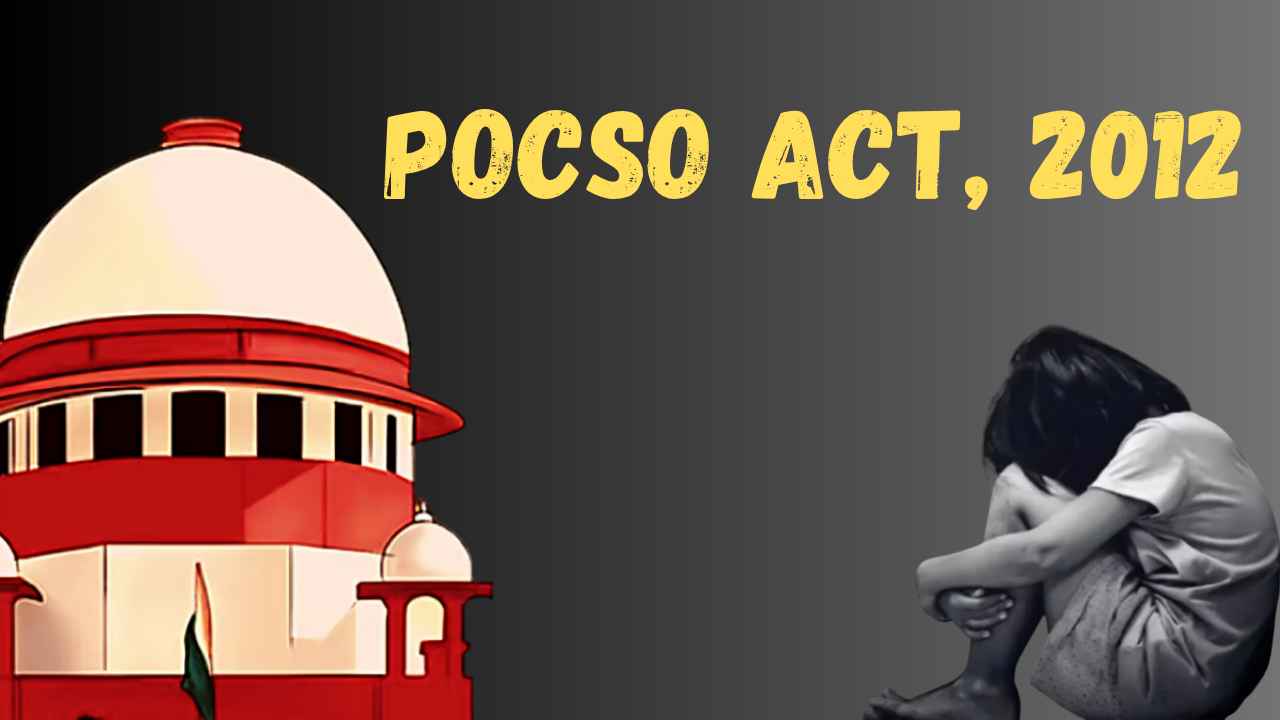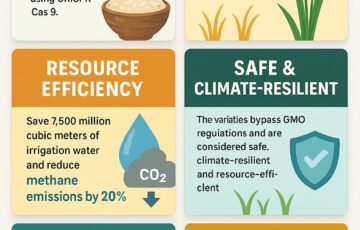SC Deviates from POCSO in Sensitive Judgment
SC Deviates from POCSO in Sensitive Judgment
Why in the News?
The Supreme Court withheld sentencing in a POCSO case involving a minor, citing the victim’s welfare and social hardship, despite reaffirming POCSO’s legal position. This decision has sparked debates over judicial discretion, victim rights, and child abuse law in India. The case highlights the complexities surrounding POCSO cases in India and the challenges in implementing child protection policies, including the need for effective violence prevention strategies.
Understanding POCSO and the Legal Framework:
- The Protection of Children from Sexual Offences Act 2012 (POCSO Act), which evolved from the Protection of Children from Sexual Offences Bill, criminalizes sexual offences against children under 18, treating all such acts as non-consensual. This landmark legislation is a crucial component of child abuse law in India, addressing various forms of abuse including penetrative sexual assault and sexual harassment.
- It mandates child-friendly procedures, time-bound procedures, and POCSO punishment, with a presumption of guilt on the accused. The POCSO Act sections are designed to ensure swift justice for child abuse victims, including cases of aggravated penetrative sexual assault.
- The law aims to deliver victim-centric justice and ensure swift redressal, forming a cornerstone of India’s child protection policy. It also emphasizes the importance of child abuse awareness and prevention programs.
About the Case and Court Rulings:
- A 13-year-old girl in West Bengal went missing in 2018 and was later found married to a 25-year-old man, with whom she had a child. This case exemplifies the ongoing issues of child marriage, trafficking, and sexual violence against minors in India.
- The man was sentenced to 20 years under POCSO and IPC in 2022, highlighting the severity of POCSO punishment in cases of penetrative sexual assault.
- However, the Calcutta High Court overturned the conviction using Section 482 CrPC, citing “adolescent sexuality” and socio-environmental factors like climate change and pornography—criticized as unscientific and patriarchal. This ruling sparked controversy in the context of child rights in India and the implementation of child abuse law.
- On August 20, 2024, the Supreme Court reversed the HC’s judgment, reaffirming that minors cannot consent under POCSO. This decision underscored the importance of upholding child protection laws and addressing child abuse in India, including cases of penetrative sexual assault and aggravated penetrative sexual assault.
Supreme Court’s Balancing Act
- Though it upheld the legal principles of POCSO, the SC deferred sentencing using Article 142, citing the POCSO victim’s social, legal, and financial hardships. This decision reflects the complex nature of POCSO case details and the need for a nuanced approach to child safety, including considerations for victim compensation and family separation prevention.
- An expert panel recommended family-based alternative care, legal aid, and rehabilitation of survivors, emphasizing the importance of psychosocial support for victims of child abuse. This approach aligns with restorative justice programmes aimed at healing and reintegration.
- The SC criticized the legal system’s failure and directed West Bengal to ensure the girl’s welfare, highlighting the need for stronger child protection systems at the state level. This directive underscores the importance of collaboration between state governments and organizations like the National Commission for Protection of Child Rights and UNICEF India.
- It warned that such exceptions must not become precedent to dilute child abuse law, reaffirming the importance of maintaining robust legal frameworks to combat child abuse, online child abuse, and related issues such as domestic abuse and trafficking.
Key Constitutional Provisions Supporting Child Protection: |
| ● Article 21: Ensures the right to life and dignity; digital sexual abuse violates this right. |
| ● Article 15(3): Allows the State to make special laws for children; supports POCSO Act. |
| ● Article 39(e) & (f): Directs the State to protect children from exploitation and promote healthy development. |
Legal Framework Against Online Child Sexual Abuse:
- POCSO Act, 2012: Criminalizes all child sexual abuse, including child pornography and cybercrime against children, with specific provisions for penetrative sexual assault and aggravated penetrative sexual assault.
- IT Act, 2000: Targets cybercrimes involving child sexual content and online child abuse.
- JJ Act, 2015: Provides care and protection to abused children, complementing other child protection laws.
This case underscores the ongoing challenges in implementing child protection policies and addressing sexual violence against minors in India. It highlights the need for continued efforts to strengthen child protection systems, enhance child abuse awareness, and ensure the effective implementation of laws like the POCSO Act. The role of Special Courts in handling POCSO cases, particularly those involving penetrative sexual assault, and the involvement of child welfare committees are crucial in addressing these complex issues and safeguarding the rights of children in India.
The case also emphasizes the importance of comprehensive approaches to child protection, including violence prevention strategies, victim compensation schemes, and restorative justice programmes. Collaboration between government bodies like the National Commission for Protection of Child Rights, international organizations such as UNICEF India, and local authorities is essential in creating a robust system to prevent and address all forms of child abuse, including sexual harassment and trafficking.






